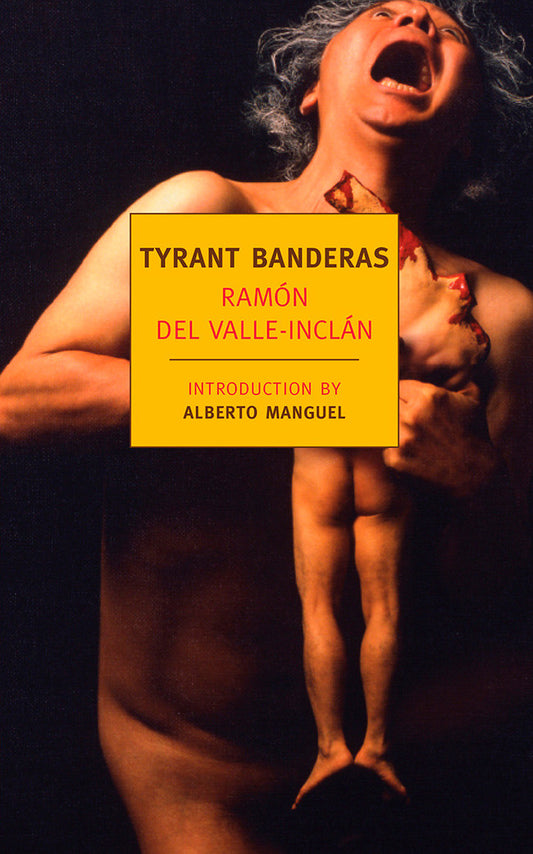Collection:
Ramón del Valle-Inclán
Ramón del Valle-Inclán (1866–1936) was born into an impoverished aristocratic family in a rural village in Galicia, Spain. Obedient to his father’s wishes, he studied law in Compostela, but after his father’s death in 1889 he moved to Madrid to work as a journalist and critic. In 1892 Valle-Inclán traveled to Mexico, where he remained for more than a year. His first book of stories came out in Spain in 1895. A well-known figure in the cafés of Madrid, famous for his spindly frame, cutting wit, long hair, longer beard, black cape, and single arm (the other having been lost after a fight with a critic), Valle-Inclán was celebrated as the author of Sonatas: The Memoirs of the Marquis of Bradomín, which was published in 1904 and is considered the finest novel of Spanish modernismo, as well as for his extensive and important career in the theater, not only as a major twentieth-century playwright but also as a director and actor. He reported from the western front during World War I, and after the war he developed an unsettling new style that he dubbed esperpento—a Spanish word that means both a grotesque, frightening person and a piece of nonsense—and described as a search for “the comic side of the tragedy of life.” Partly inspired by his second visit to Mexico in 1920, when the country was in the throes of revolution, Tyrant Banderas is Valle-Inclán’s greatest novel and the essence of esperpento.





